Meaning in the age of artificial expression
In late 2024, researchers at the University of Waterloo’s Stratford School of Interaction Design and Business made a quietly radical discovery. When presented with anonymized abstracts, peer reviewers rated AI-paraphrased texts as more honest, clear, and legible than human-written ones.
Think about that. Machines, designed to imitate expression, are now producing writing that feels more authentic than ours.
One of the researchers reflected that while AI polishes language and improves readability, it still cannot replicate the depth that comes from lived experience. Yet readers, unable to distinguish between human and machine, valued tone and clarity over intention.
That shift says something profound about this age. When fluency is automated, truth begins to sound mechanical.
The erosion of meaningful friction
Clarity is seductive because it removes friction. But friction is where meaning arises.
For decades, philosophers from Ricoeur to Arendt have argued that interpretation is not about precision but perspective. Meaning needs tension, conversation, resistance. AI smooths all that away. It perfects the sentence, but in doing so, it edits out the soul. We start trusting what is easy to read instead of what invites us to think.
At The Think Room, we believe communication is about meaning, (wo)man-made unicity, and real-life interaction. Meaning happens when words meet people, when understanding takes time.
Remove that, and you flatten humanity into formatting.
The post-authentic era
Across industries, AI-edited texts outperform human ones in readability but lose something subtler: Their sense of origin. We have entered the post-authentic era.
Today, authenticity is not judged by who wrote a text, but by how smoothly it flows. Experience is measured in coherence, not conscience.
That changes everything about how we write, lead, and connect. Language used to be an extension of consciousness, our way of making the inner public. Now it risks becoming detached representation, perfectly coherent but emotionally hollow.
The responsibility we hold
As communicators, strategists, and thinkers, our task is no longer to prove we can use AI. It is to prove that we still know when not to.
Because if everything is optimized, nothing moves us. If everything sounds right, nothing feels real.
Meaning comes from the choices that resist automation – the moments when we dare to sound human, even if imperfectly so. The power of our craft lies not in the polish, but in the pulse.
We write not to impress, but to remind others that behind every word lives a consciousness, a question, a voice that cannot be copied. Because each human being, and each organization is unique, even if what they do is identitical. We need to go back to the origin story.
Our work, our thinking, our language – they are extensions of our unicity. Our DNA.
Keep thinking
If this resonated with you, explore how your own communication holds up in the age of artificial expression.
♻️ Repost this ffor people who still believes words should make us feel, not just flow.
🔑 Learn more about The DNA Key, our framework for defining your authentic voice, point of view and story in an AI-shaped world: https://www.thethinkroom.eu/products/dna-key
☎️ Contact our CEO Liora Kern to discuss how to find your unique DNA so your voice becomes impossible to miss, and then scale it with AI: https://calendly.com/liorakern/phone-call-with-liora-kern
👩🎓 AI-Authored Abstracts ‘More Authentic’ Than Human-Written Ones, found by researchers at Ontario’s University of Waterloo: https://www.insidehighered.com/news/faculty-issues/research/2024/12/20/ai-authored-abstracts-more-authentic-human-written-ones

